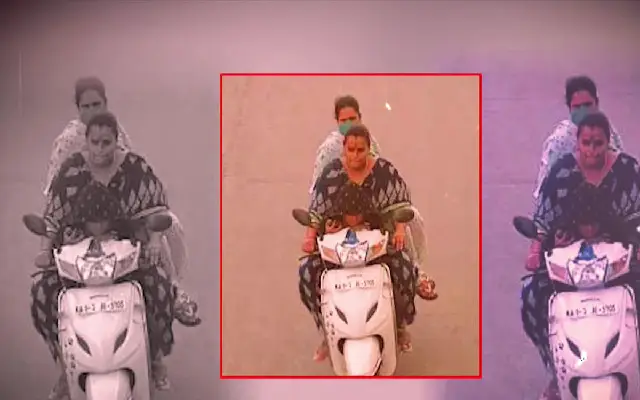 Bengaluru: An exhibition displaying the replica of India’s first multi-wavelength space observatory Astrosat was opened here for public viewing on Tuesday.
Bengaluru: An exhibition displaying the replica of India’s first multi-wavelength space observatory Astrosat was opened here for public viewing on Tuesday.
“The exhibition has been organised at the Jawaharlal Nehru Planetarium so as to allow students aspiring to study astronomy to understand how the Astrosat works, which they can observe through a 3-D printed replica,” the Director of Indian Space Research Organisation (ISRO) Satellite Centre, Bengaluru, M. Annadurai told reporters at the event.
The month-long expo has been organised jointly by the ISRO and Jawaharlal Nehru Planetarium, located in the city centre.
Launched on September 28, 2015 through a Polar Satellite Launch Vehicle (PSLV) from ISRO’s spaceport in Sriharikota, Andhra Pradesh, Astrosat is a one-of-its-kind satellite that is capable of monitoring the space through a range of spectrum from visible to Infrared (IR), hard X-rays and ultraviolet (UV) rays.
“This was a unique satellite that was developed by India enabling us to look into the space through a much wider spectrum so that we can see what space contains in much better resolutions,” Annadurai said.
Through Astrosat, one can conduct studies on astrophysical objects from nearby solar system to distant stars, timing studies of pulsations of hot white dwarfs, active galactic nuclei etc.
Weighing about 1,513 kg, the Astrosat has been in its orbital space for two years and has been launched with a mission life of five years.
The space observatory consists of a total of six instruments such as the ultraviolet imaging telescope, soft X-ray imaging telescope and scanning sky monitor among others.
“We have been able to download data of about 12 terabytes (TB) from space through the satellite each year which allows Indian scientists to study space better,” added Annadurai.
The information from Astrosat is being used not only by ISRO scientists, but also by private research firms and laboratories in India.
“We are also opening up the opportunity to expand the usage of information from the satellite to international scientists as well. Through this exhibition, we want students to know that India can provide tremendous opportunities for them,” he said.
Several astronomy research institutions in India and abroad had together built Astrosat’s instruments.

















